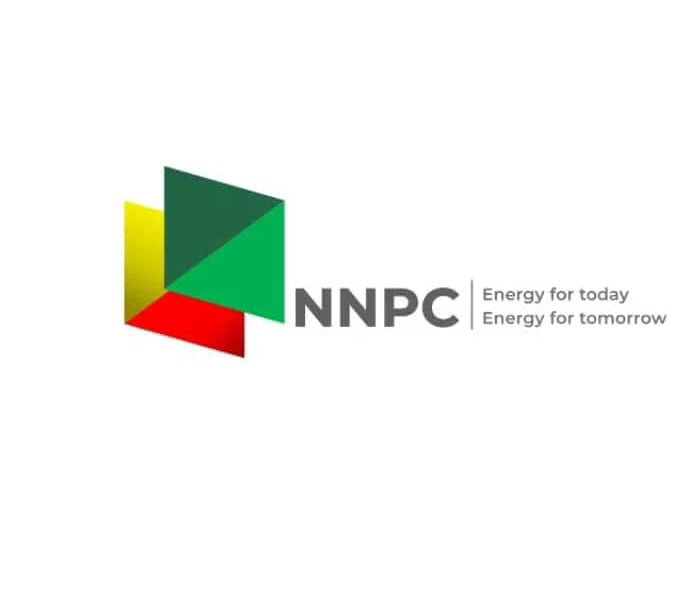The Nigerian National Petroleum Company Limited has announced a major milestone in its $2.8 billion Ajaokuta-Kaduna-Kano gas pipeline project. Contractors have successfully crossed the River Niger, a critical segment that posed serious technical and commercial challenges.
Group Chief Executive Officer, Mr Bayo Ojulari, revealed the progress during his keynote address at the Nigeria Oil and Gas Energy Week Conference in Abuja. This marks his first address to industry leaders since his appointment by President Bola Tinubu.
Themed “Accelerating Global Energy Progress Through Investment, Partnerships & Innovation,” the event gathered stakeholders to discuss Nigeria’s energy future. PUNCH reports that the River Niger crossing was considered the toughest part of the 614-kilometre project, which was declared over 70 per cent complete last month.
Ojulari told industry participants that NNPCL and its contractors brought in specialist capabilities and overcame difficult commercial barriers to achieve the milestone.
Ad Review: Coca-Cola’s Achalugo campaign sparked a viral love affair with authentic Nigerian storytelling
AI-powered creativity or creative crisis?
“So there is tough technical challenges. The team of NNPCL has had to work with the contractors to bring in specialist capability that was not available, very difficult commercial rearrangements. Ladies and gentlemen, I want to announce to you today that we have crossed the River Niger.”
He added that by the grace of God, the pipeline will be completed before the end of the year, delivering gas to key markets and boosting industrial growth in northern Nigeria.
The AKK project is designed to improve domestic gas use, enhance power generation, and create new industrial hubs. The 40-inch pipeline stretches from Ajaokuta in Kogi State to Kano, with multiple terminals and facilities for distribution to off-takers.
Ojulari also confirmed a full recovery of pipeline security and capacity across Nigeria. “For years, whenever we gathered at this event, we lamented the insecurity around our pipeline network and its impact on crude oil production. But I am pleased to share with you today that, through collective efforts of the federal government, regulatory bodies, the military, and the industry, we have 100 per cent pipeline availability today.”
Despite the improved infrastructure, Ojulari said crude production still lags behind potential. “As of last month, we averaged 1.35 million barrels per day in crude production, and with condensates, it came to about 1.6mbpd. So now that the pipelines are available, the question becomes: where is the production?” He blamed years of underinvestment for low output and urged investors to seize the moment to boost production. “We have solved the infrastructure bottleneck, now we need investments to raise production. The stars are beginning to align, and this is the time to act,” he said.
ALSO WATCH: MARKETING EDGE ONTV







Comment
No comments found.